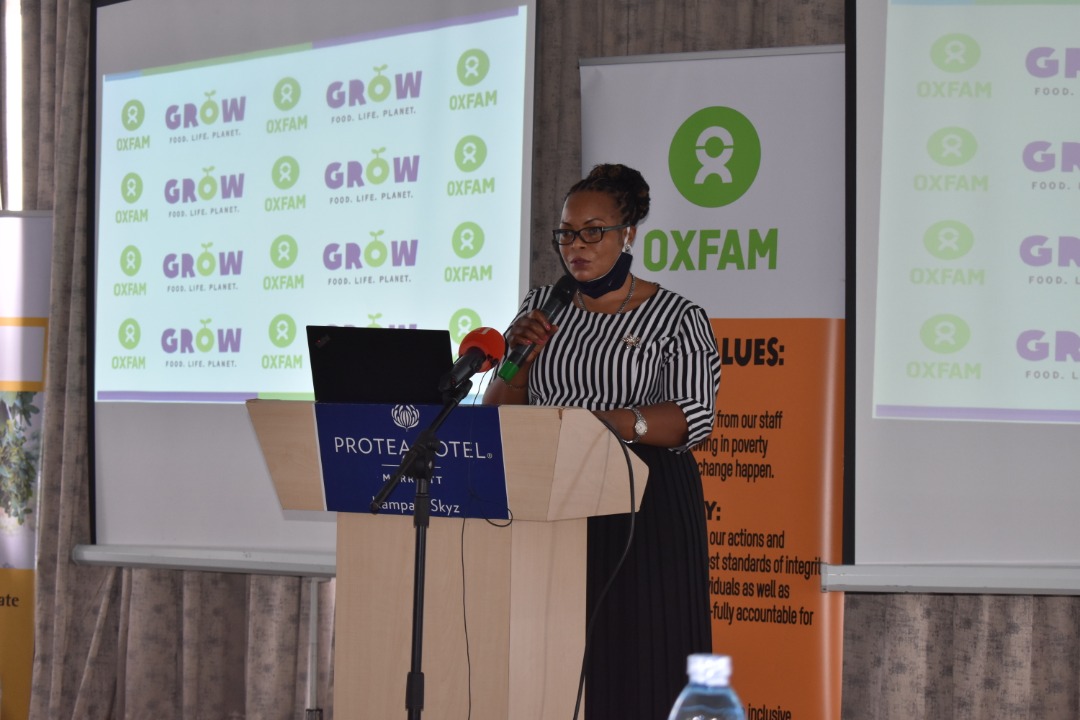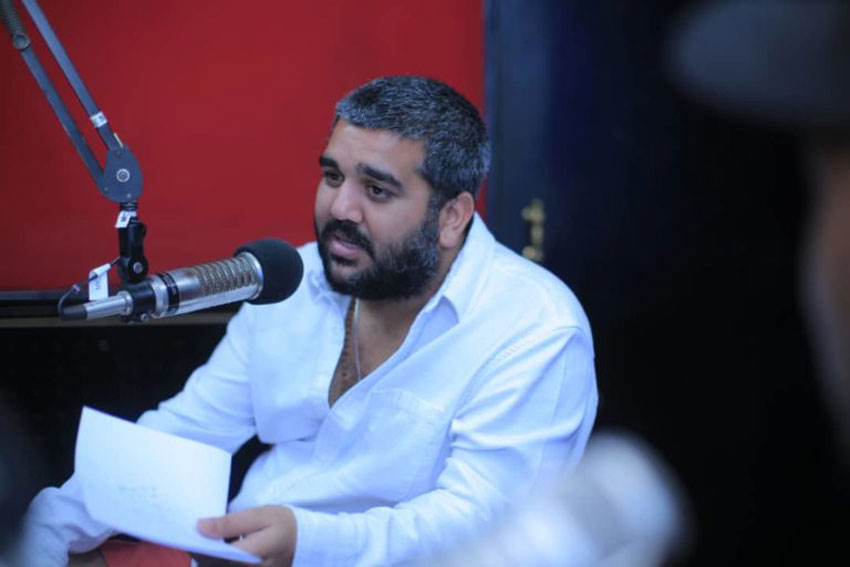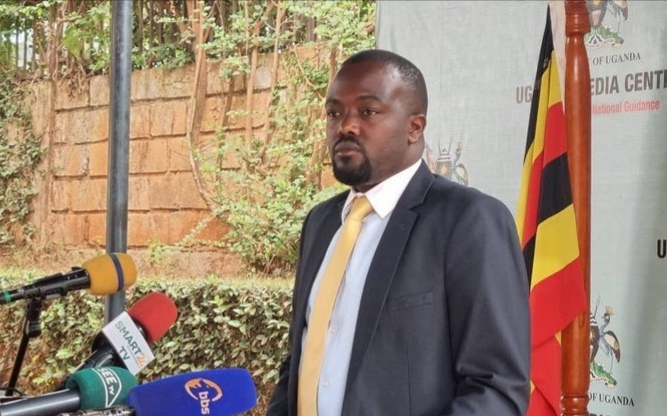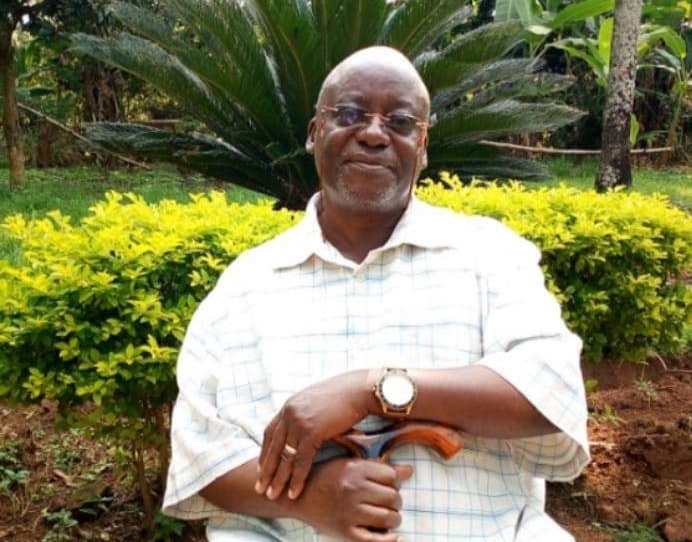Since his death, former Tanzanian president, John Pombe Magufuli, has been an object of much praise from many commentators, including a large number Tanzanians. He has been lionized among others for his fight against corruption, public sector incompetence and profligate government spending.
He did this through highly publicized stunts – firing public officials at a whim and on the spot, yelling at foreign investors and contractors in public and arbitrarily cancelling public contracts he did not like. While one could admire his motivations and intentions, I could not agree with Magufuli’s approach to reform. I was repulsed by the emotionally charged, personalized and arbitrary way in which he conducted public affairs.
I am always puzzled by a large section of African elites. In one second they argue that power should be institutionalized and not personalized. In another, when a leader does what is emotionally satisfying to them but in a personalized fashion running roughshod over institutions, they cheer him along. They claim to oppose dictatorship and insist that power must be checked and balanced. Yet when a leader emerges who does what they demand but does it using arbitrary power, they support him. That was the love affair between Magufuli and this section of African elites.
Magufuli’s presidency was the ultimate manifestation of both the crisis and the contradictions of our elites. Upon coming to power, he exercised a degree of arbitrariness only reminiscent of Idi Amin. He would enter a government facility, be it hospital or school, and seeing wrong things, he would fire the entire management on impulse and on the stop without first establishing the circumstances under which such failures arose. This arbitrary use of power does excite the hoards but should never be a basis for public sector management especially in 21st Century Tanzania.
But first a clarification: I am not against the use of a strong authoritarian hand to correct distortions created over decades of incompetence, inertia and corruption. I believe that reforming a deeply entrenched system requires a leader to exercise power without being hamstrung by unnecessary checks and balances. Attempts to uphold the highest standards of due process are more likely to abort reform. This is because entrenched interests can use the procedures of government, which they are adept at, to block reform. So, forceful action by a determined leader is often a necessary precondition for effective and successful reform.
However, there is a difference between forcefulness and arbitrariness, between institutionalized power and personalized highhandedness and between being authoritarian and being a village tyrant. Magufuli represented arbitrariness, personalized highhandedness and acted as a village tyrant. His were not reforms but emotionally charged and erratic personal interventions. All too often, he destroyed whatever was there without replacing it. He achieved more public acclaim than actual improvements.
Reform cannot be based on emotions. It must be based on thoroughly considered facts. This requires the reformer to act systematically using some minimum institutionalized processes. It cannot be personalized to one’s feelings, acting in the heat of the moment. Even in medieval times, people did not govern without any recourse to established norms or procedures. It is possible that in his many reckless decisions, Magufuli may have corrected some mistakes. But even then, his emotionally charged and highly personalized arbitrariness cannot be justified by such accidental success.
I have seen reform elsewhere which has worked. One example is post 1986 Uganda; the other, post 1994 Rwanda. In 1990s, President Yoweri Museveni carried out far-reaching reforms. He knew what he wanted. But he used institutions such as the Army Council, the Army High Command, the National Resistance Council and cabinet to make critical decisions such as the return of Asian properties, return of ebyaffe, privatization, civil service retrenchment, etc. His reforms were successful and have been sustainable because doing them through institutions gave them a collective mandate and therefore a good degree of legitimacy.
Another example is President Pual Kagame of Rwanda. In the early to mid 2000s, he carried out comprehensive reforms of the public sector that (I suspect) Magufuli sought to imitate.
These reforms included reducing the number of districts, the size of cabinet and parliament, removing luxury official cars from government officials, cutting down on necessary international travels etc. All of these decisions were first taken to the Political Parties Forum, then to cabinet and finally to parliament and adopted. They did not emerge from below but from Kagame personally and he used all these institutions to ensure buy-in i.e. to build a broad national consensus in favor of a lean and efficient government.
Even in his fight against corruption, where he can be accused of being highhanded, Kagame has always acted not on impulse but on facts based on investigations. Once he has done the investigations and established culpability, he moves quickly and decisively to arrest and prosecute the culprits. In most cases the state in Rwanda has lost corruption cases against the accused public officials. This only shows that corruption is hard to prove but also that the president could have acted on either false or incomplete information. The bottom-line here is that he acted on the basis of an investigation (institutions), not on his personal whims.
Magufuli was a disastrous imitation of Kagame. He lacked the subtlety of a reformer and the ideological grounding of a revolutionary. He was a boxer who tied a cloth on his face and went boxing everything in the ring – the referee, the attendants on both sides, the poles and the ropes. He only boxed his opponent by accident or luck. His equal was Idi Amin who would make decisions based on his dreams, the caresses of his mistresses and the jests of buffoons (as Akena Adoko put it). His decision to chase away Ugandans of Asian descent was, apparently, based on a dream. His decision to allow Palestinian high jackers use Entebbe was spontaneous based on an interview with a French film producer.
Magufuli was lionized by a section of African elites because of their deep sense of psychological insecurity. Growing up in poor countries dominated by images of the affluence of rich nations, African elites want to leapfrog to modernity overnight. But it is impossible to cheat social evolution, and transformative change takes generations. If some nations in East Asia transformed rapidly, it is because they had a long history of statehood, a shared national consciousness, accumulated social and human capital and norms and values that lent themselves easily to capitalist transformation.
African elites, in their impatient desire to see their nations transformed in an instant to look like Europe or South Korea, have been clutching from one straw to another. In one second they want democracy and its accompanying checks and balances while in another they want one man or woman, the magical leader, to perform a miracle. Magufuli tapped into this. He was a populist and a demagogue who abused power but attracted the adulation of the hoards. Many of his ill-informed decisions wrecked untold havoc on Tanzania and history will not absolve him of his impunity.
Do you have a story in your community or an opinion to share with us: Email us at Submit an Article









